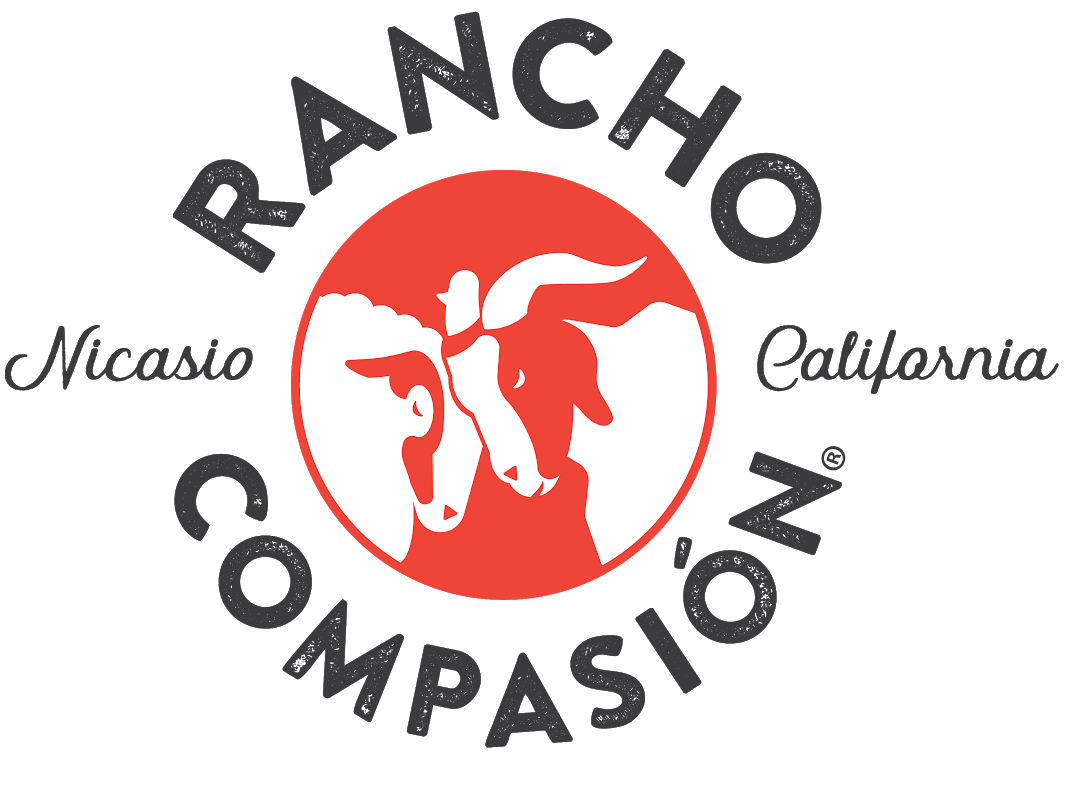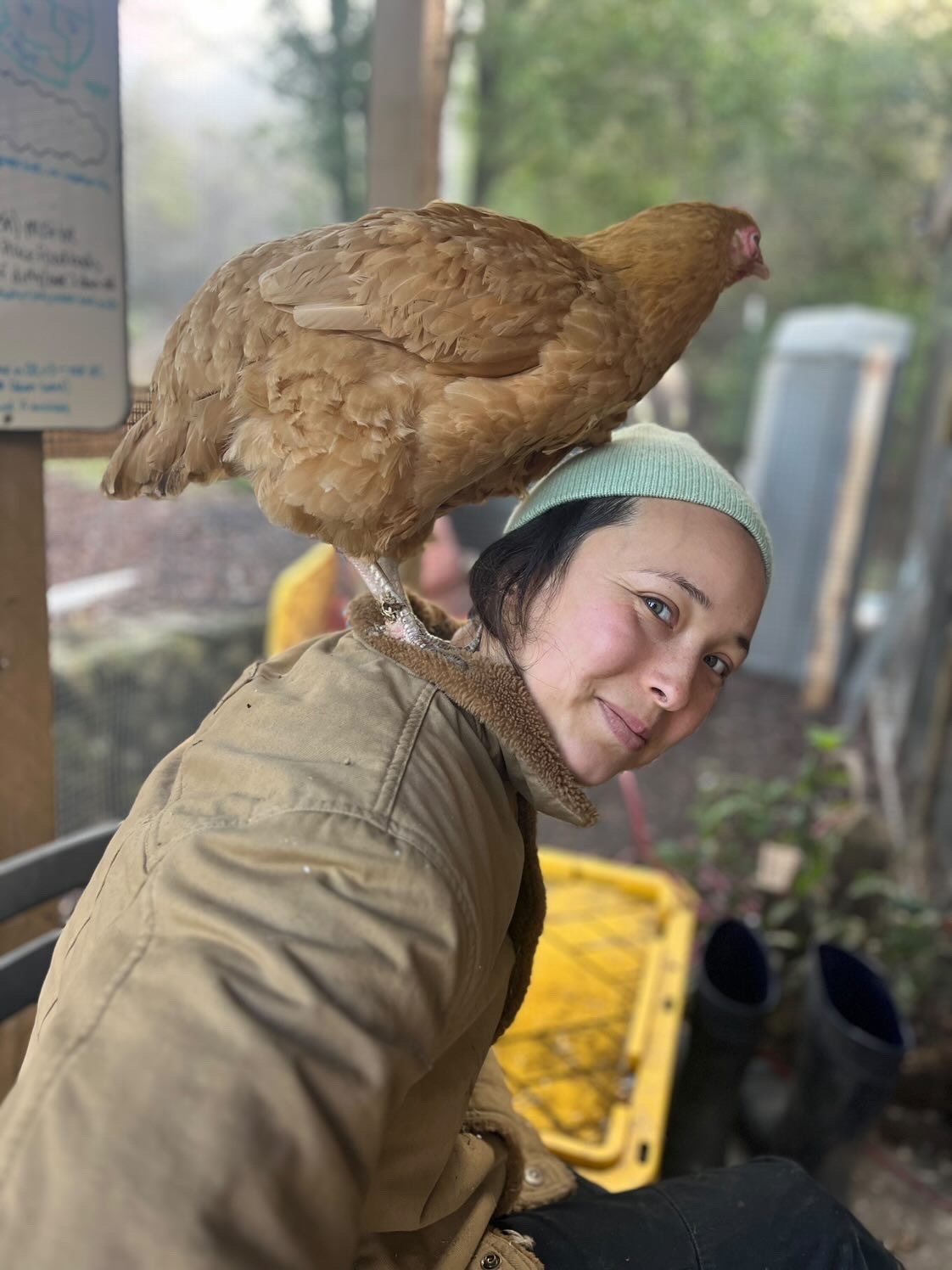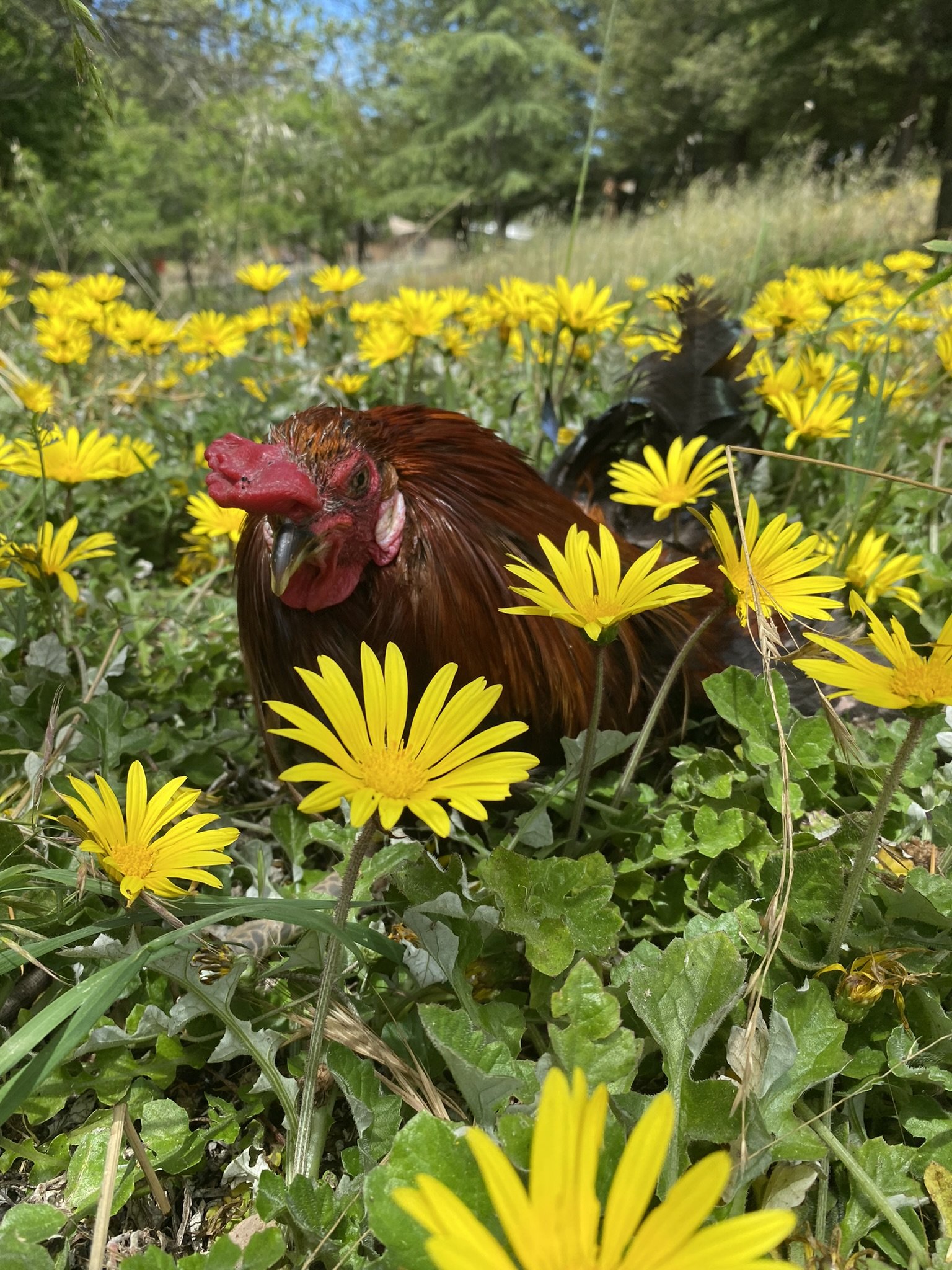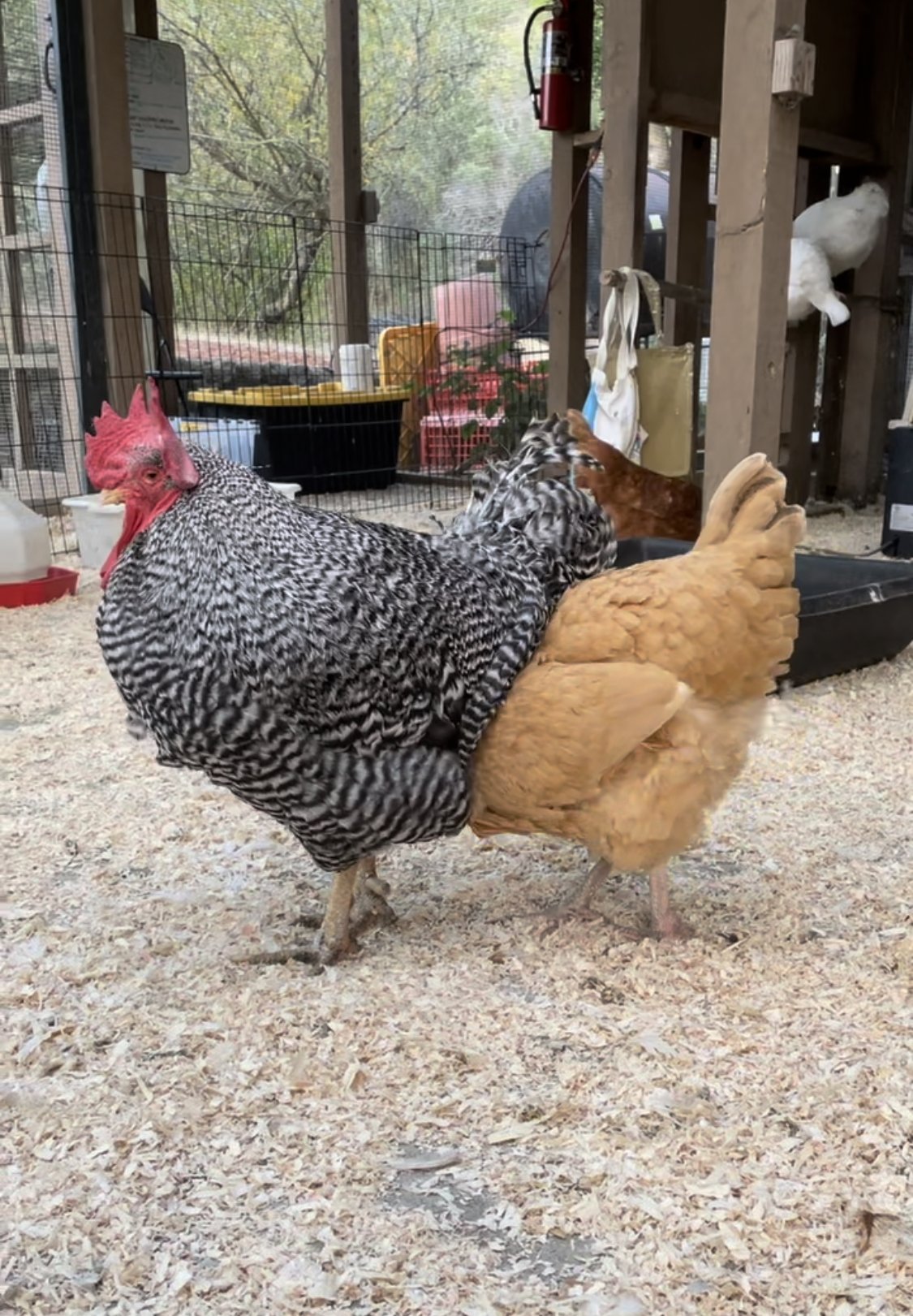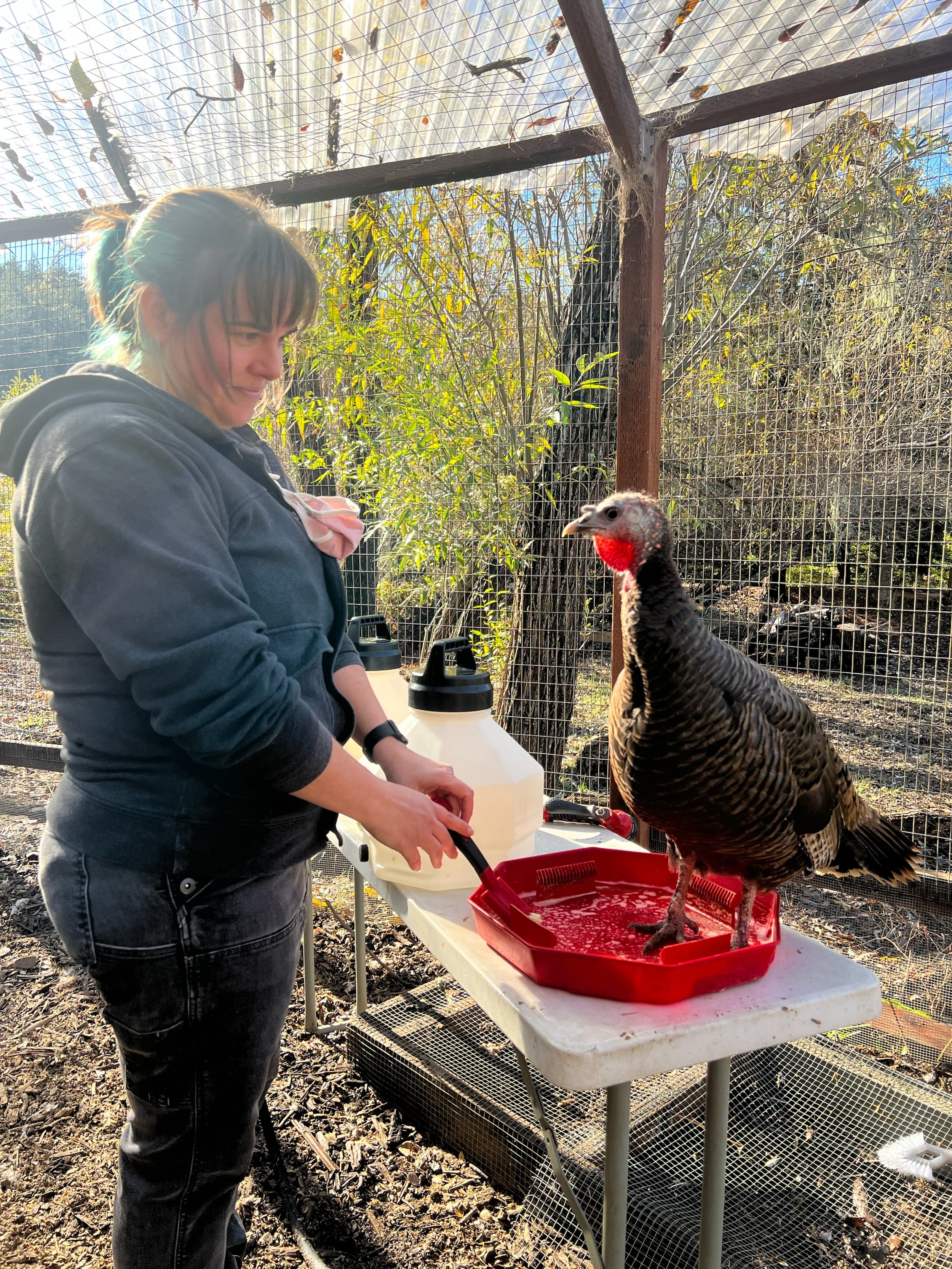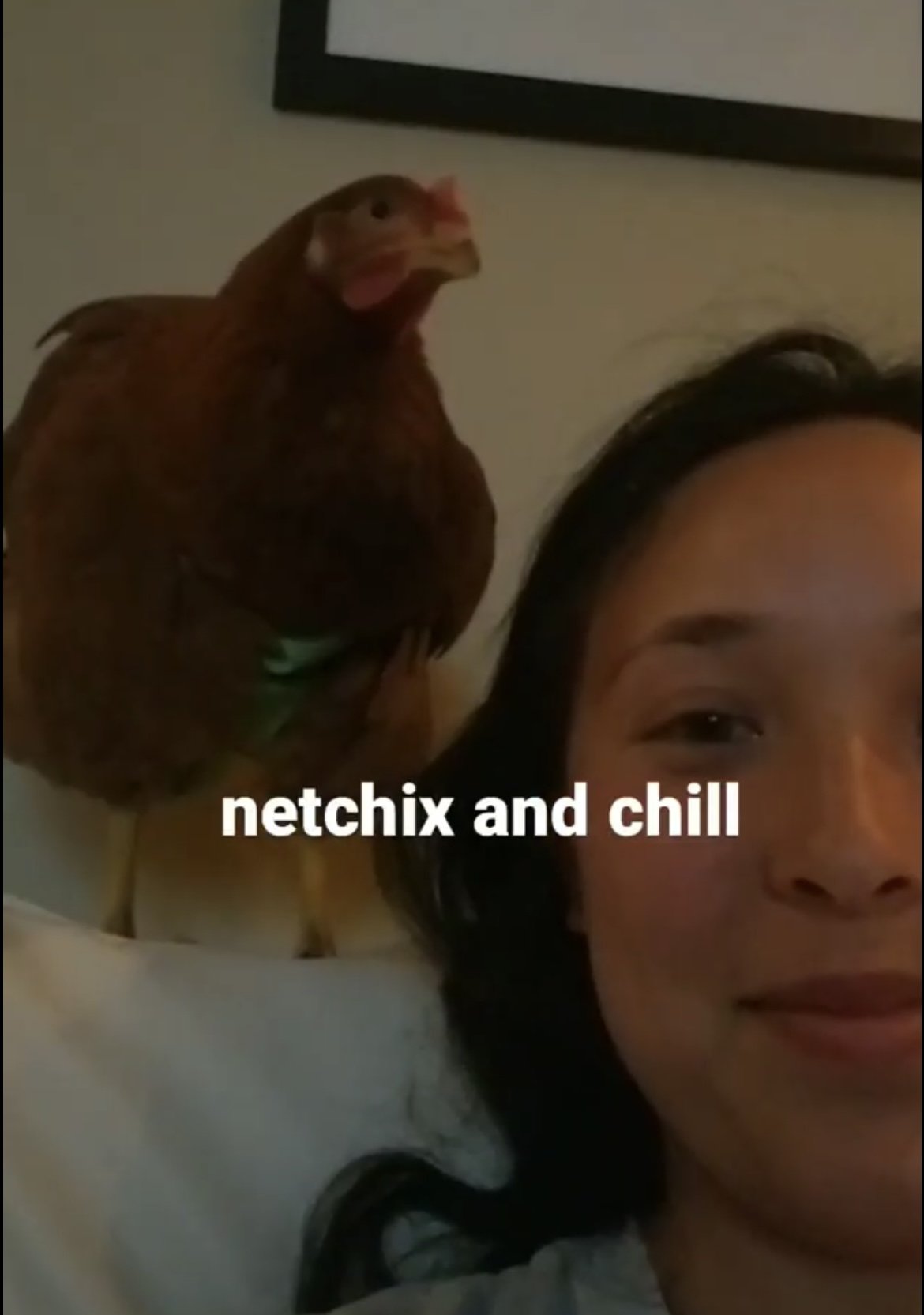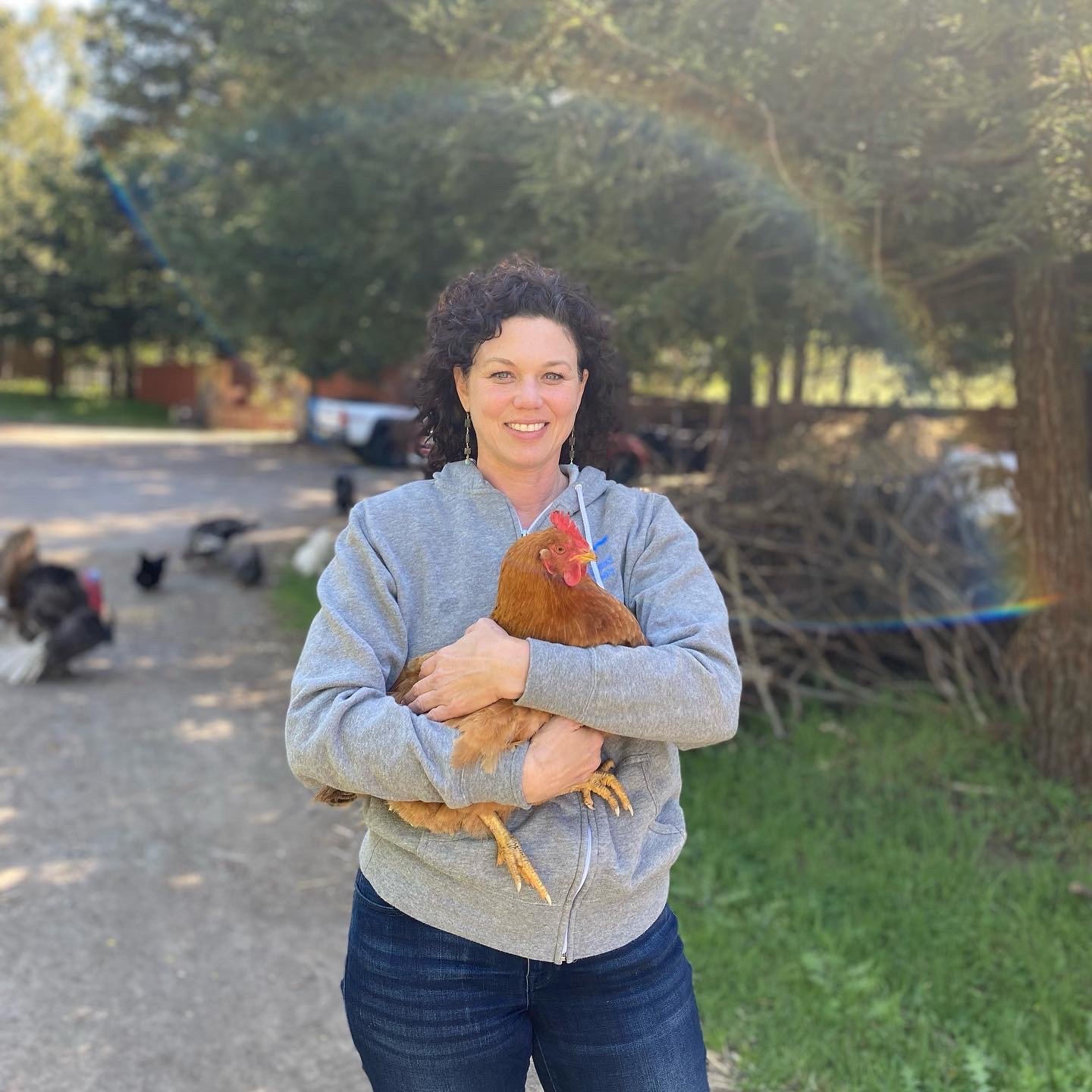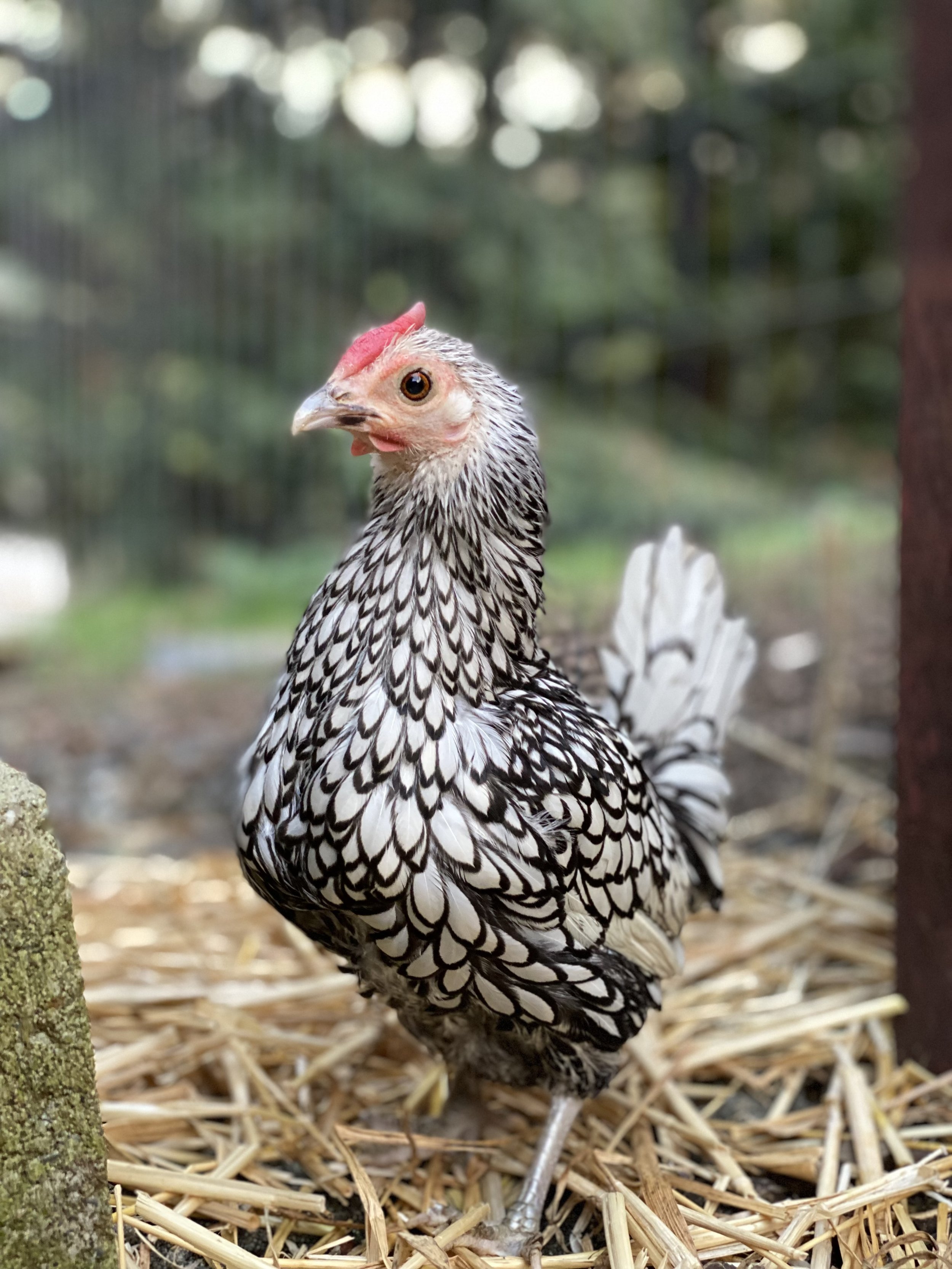Obituary: Phoenix, Golden Eye, & Friends
It’s an unusual and perhaps harsh reality we who work in this field are tasked with: to share with the public the routine loss we experience. And to be frank, the low-level chronic anxiety and social pressure to share our every experience on Instagram and “beat the algorithm” has made this task all the more daunting. Yet, is a honorable task we are committed to, and must fulfill.
So it is with profound sadness we announce the passing of a few of our beloved bird friends: chickens Phoenix, Gilligan, Golden Eye, Dinky, Athena, and turkey Blue. In memoriam of these souls, I’ve shared their stories below.
We’re perhaps having the hardest time grieving Phoenix’s loss, because he was so entangled with our daily routine at the sanctuary, being our only special needs resident. We would check on him three times per day, sometimes more, to give him a massage and bed change. We still start and end our days with him first in mind, ‘gotta go check on Phoenix!’, before we catch our thoughts and remember he is no longer. His story is reflected in his name: this fiery-red rooster fiercely rose from the tragedy of having been born a rooster in a society that didn’t value his life, to be dumped at a parking lot and struck by a driver—then, fortunately, rescued; a couple of years later, he got to live out nearly two golden years at sanctuary, bringing awe and connection to all who met him. Phoenix was one lucky guy! He’d frequently receive reiki, energy healing, and PEMF therapies in addition to daily massages; he’d go on adventures around the property and sometimes off-site; and despite his inability to use his legs, he floated around the aviary in his various slings and tote bags flirting with all the ladies—he truly was a man who had it all! The volunteers and staff who cared for him were enamored with this gorgeous gentleman, and he profoundly touched everyone’s lives. We were not expecting him to suddenly pass away, despite a recent heart disease diagnosis and promptly starting him on medications, to which he was responding positively. But we acknowledge that he left having experienced the kind of life that most anyone (us included) could only dream of—and that is what we’ll hold on to.
Gilligan, a red egg-laying hen, was saved by a 17-year old boy who walked past a live meat market, and seeing chickens crammed in tiny cages, impulsively purchased one of them as an act of compassionate liberation. That’s how she came to us. She was sick, so spent the first month in treatment in our home, perching on our heads as we ate dinner and cuddling on our laps as we watched Netflix. Cut to a few years later, and we noticed that her crop stopped emptying, meaning, food wasn’t digesting. The vet determined she had a cancerous tumor, and gave us the option of humane euthanasia—but we knew we had to try more treatments, first. We contacted Marji Pearson, animal healing practitioner, who employs techniques based on “zoopharmacognosy” using pure plant extracts, and thus began a series of improvements that I can only describe as miraculous. Within a week, Gilligan’s crop went down—so either the tumor was no longer obstructing her digestion, or the treatments helped her digestion. A few weeks later with continued sessions, we offered her an essential oil known to be anti-parasitic, and she promptly expelled feces filled with writhing worms, showing instantaneous relief. She continued to improve, and thrived for another year, and passed peacefully and suddenly on her own.
Golden Eye was our eldest hen and had been with us the longest. She bounced back from a brutal pecking by some hens a few years back, but was left with an eye that bulged out. Being too old for surgery, she was able to live comfortably in the aviary with only one good eye. She was inquisitive and funny, and liked to perch atop my head. There was a short spell where we took her into the house for some kind of treatment, which meant daily cuddles. When I brought her back to the aviary, the next morning she greeted me by flying on top of my head as if to say, “I’ve missed you!” The day before her last vet appointment, she spent the night watching TV with us and sleeping in my mother’s bedroom. We humans often write off chickens as “outside” creatures, but they tend to prefer the very comforts we prefer and are quite at their leisure inside a home. I’d kept thinking to myself this last year or so how nice it’d be to have Golden Eye permanently become a house chicken, but didn’t do anything of it for fear of her being lonely. I can only wonder what fun we would have had, however. She will be missed by her protector and mate, Shakespeare, who she’d cuddle with nightly and often stand under like a chick, becoming a 4-legged chicken-creature with.
There was Dinky, too, little dinky. A sebright bantam hen with beautiful markings and a quiet yet uninhibited personality. Small but fierce. She came from the same home that rescued Pheonix, with her boyfriend, Fluffy, a silkie rooster (who is a bit lost without his partner). She was likely an older hen, a product of our ridiculous desire to breed mutations in animals, such as making them tiny despite still having large organs susceptible to failure. We suspect this was the cause of death; she passed peacefully in the night.
Athena, a white leghorn hen, suffered the first two years of her life in a tiny cage, crammed with others, treated as an egg-laying machine. Her life ended in the typical way for hens of this upbringing—reproductive disease—but she lived in liberation, community, and safety.
I’ll end my eulogy with turkey Blue. Hatched from a trio of incubated eggs supposedly “found” in SF, she and her two sisters were believed to be wild turkeys by the Sonoma-based organization that fostered them. They were transferred to our friends, Lani & Greg Muerath, to be rewilded in their neighboring wildlife refuge. It became immediately evident that these young hens had imprinted on humans: attempting to follow Lani into the house, pecking at the kitchen door asking to be let in, and oblivious of their survival imperative to perch high in the trees at night. One of the hens, sadly, was predated upon. Lani decided that Smokey and Blue needed sanctuary right away and we accepted them—apprehensively—because we weren’t sure of the legalities of “owning” wild birds. We soon figured out they were not actually wild turkeys. One day, a wild turkey hen strutted onto the sanctuary, curiously pursuing Smokey and Blue, who were sent into a confused frenzy. I was amazed in observing the stark difference of this wild hen against what we thought her cousins: her legs and neck seemed miles longer compared to Smokey and Blue’s, and her coloring more intense. I chuckled in relief realizing that our girls were heritage breed turkeys, similar in many ways to their wild ancestors, but domesticated, of course, for meat production. Over this last year, the energy of the sanctuary became noticeably more colorful with the presence of Blue. She was famously curious, silly, and sensitive. She and her sister would chase after you, and if you sat down or were standing somewhere still for a while, she would hop atop your work station and “supervise” whatever you were doing. She would look right in your eyes and peck the “fleas” out of your hair—you’d end up with a rockstar hairstyle if you weren’t careful! She seemed to love connecting with and investigating into her human caregivers. She was someone who held in her essence a knowledge that she was our equal, taking every opportunity to prove wrong inherent biases toward people like her by living vibrantly, boldly, sensitively. We decided to release the turkeys from the avian flu “flockdown” in March due to their restricted quality of life, moving them back to the barn where they could explore a vast territory, but unfortunately, she started to brood in a hidden area of bramble and our caregivers were unable to locate her for a few days at bedtime. (She would visit during the day, periodically, then return to her nest in the evening.) This was paired with bad timing: a fence had recently been compromised (thanks, cows), and a coyote had been spotted on the property. We found feathers, and knew Blue had been killed. We are shocked and deeply pained at her passing, and have taken extra measures to ensure Fred and Smokey’s safety. We really miss her goofiness and her bright presence; she brought so much life and joy to us. It doesn’t feel the same without her.
I hope with these stories you are able to recognize the vivid personhood expressed in each of these beings. They mattered, and I feel strongly that they all were able to experience a meaningful life. We must not let our western mindset produce an allergy to death; it is a part of this gift of life, and there is much to be learned from it. May they all fly free, and may we move forward with acknowledgement that all life, no matter how different to us we view it, is significant. May we choose to live more compassionately in honor of this recognition.
